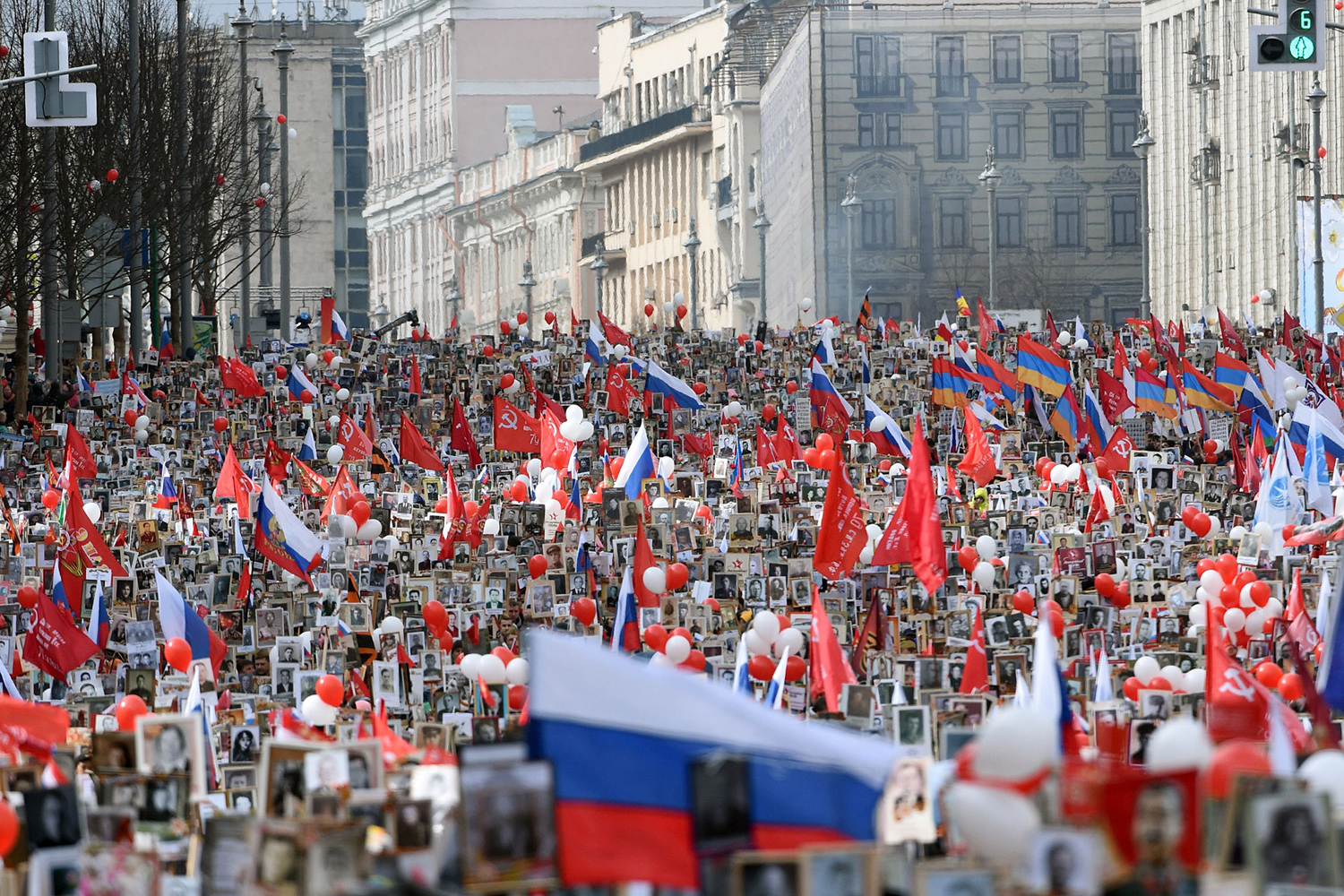

Just what this new history will look like is unclear.“ (in: Transit 15, 1998) In time, we may hope for a new account of the recent European past that is both faithful to the distinctive stories of separate countries and regions, while fully grasping the ways in which they share certain common pasts. This is the canyon of ignorance between national histories that works against the emergence of any new common understanding of the shared European past.

In an article resuming his project Judt wrote, that the task since 1989 was to „ bridge not only the divide between East and West Europe, or the divide between pre and post 1945, but also the most damaging chasm of all. It marks a paradigm change in the historiography of the 20th century.

From this emerged the research project Rethinking Post-War Europe, that was pursued from 1993-1998 at the IWM under the guidance of the English-American historian Tony Judt.
#Russia victory day parade 2015 how to
It was in 1991 that a group of historians from both sides of the former Iron Curtain came together at the Institute for Human Sciences (IWM) in Vienna in order to think about how to (re-)write European history after the end of the division of the continent. Today, history and historiography in Russia are subordinated again to political priorities. For this purpose, continuity with the past had to be restored and the narrative of the “Great Patriotic War” to be kept intact. But this was soon stopped by the ambition to make Russia great again by re-integrating it into a long imperial tradition, from the Russian Empire to the Soviet Union to today’s Russian Federation. In the beginning, also Russia opened its archives and started to address painful questions about the Soviet past (see for example Juri Afanassjew, “ Gedächtnis und Geschichte in der Sowjetunion “, in: Transit 2, 1991, S. What we observe today in some of them is, however, a growing trend to re-nationalize their history. In the following years, these countries embarked on coping with their difficult pasts. The imposed history of the liberation gave way to the liberation of history.
#Russia victory day parade 2015 free
Only after 1989 these countries were free to tell their own – very differing and often contradictory – stories and reconnect with their pre-war histories and with the West. One of its consequences was the Soviet oppression of their specific national histories and sufferings. The end of the Soviet Union and of the polarized world order had made the hegemonic narratives of World War II and the Cold War obsolete over night in both western and eastern Europe.įor the nations of Eastern Europe and the Baltics, what had been celebrated on Victory Day as their liberation from fascism, in their view was just another occupation. How to make sense of this memory war? Why is it that memory is divided again between east and west? Why is there a backlash in the efforts to establish a shared European history? Western attendance could also be used by Moscow to suggest acceptance of its revisionist version of Second World War history, which airbrushes away (…) the Molotov-Ribbentrop Pact, which lasted until 1941 and by which Nazi Germany and the Soviet Union carved up Poland.” That the parade is now postponed will not spare Western politicians the dilemma.ĭuring the last months, at various occasions, including the Fifth World Holocaust Forum at Yad Vashem in January 2020, Putin has repeated and sharpened his re-interpretation of World War II and the roles of its protagonists, now blaming Poland and its western allies for its outbreak. The Guardian quotes an Eastern diplomat: “’It is not appropriate for western leaders to honour the army in uniform that still occupies part of Ukraine, and paying tribute to some of the same units who are killing people in Idlib’ (…). This year, Putin’s invitation policy has caused even more headaches for Western politicians on whether to go or boycott. In 2015 however, Western leaders had boycotted the ceremonies in Moscow because of the Russian military intervention in Ukraine. Traditionally, the 8/9 May commemorations have provided an opportunity for the international community to confirm its shared values.


 0 kommentar(er)
0 kommentar(er)
